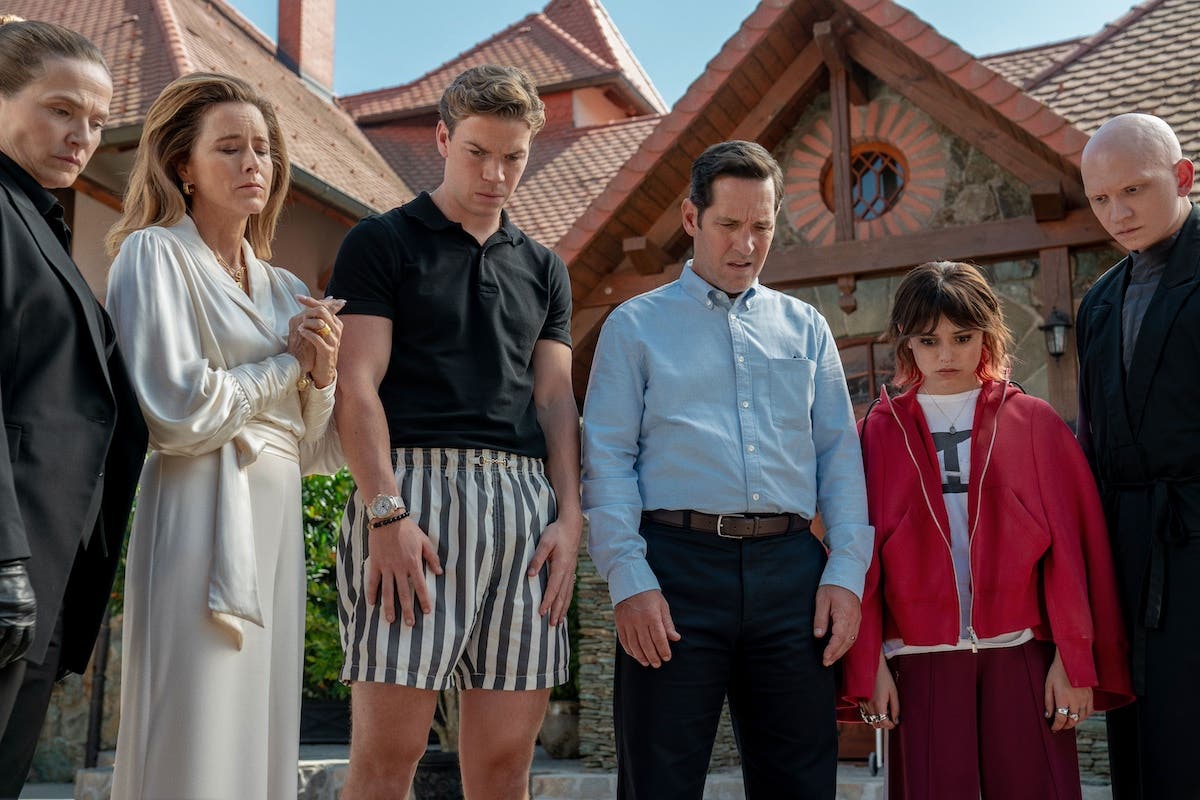Habits of Highly Successful Screenwriters: Have a Driving Reason to Write
You have to have a dream so you can get up in the morning. —BILLY WILDER All of the successful screenwriters interviewed here have been writing for many years. They…
You have to have a dream so you can get up in the morning.
—BILLY WILDER
All of the successful screenwriters interviewed here have been writing for many years. They didn’t get where they are today without having a driving and passionate desire to write. They may have other reasons why they write, but unlike many aspiring writers, not one of them only wishes to write a screenplay that will sell for a million dollars in order to have the freedom to do whatever else they really want to do.
Whether it’s their primary way of expressing themselves, an outlet for their fantasies, or a desire to entertain people, real writers don’t get satisfaction out of doing anything else. They love writing for its own sake. They love movies and they love to tell stories to a mass audience.
Ron Bass: There’s only one reason to become a screenwriter, or a writer of anything, and that is you can’t avoid it. It’s what you love to do. It’s who you are. I write because there’s no way I couldn’t write. I was writing stories when I was six years old because I loved to do it and tell stories in my own way. I wrote a novel when I was teenager, then I became a lawyer to support my family and was away from writing prose for sixteen years. And I really missed it. So I went back to it and didn’t tell anyone that I was doing it. The second I started again, I just said to myself, “Why on earth did I take so long to come back to this?” There’s absolutely nothing else in life that makes me feel the way that writing does.
Gerald DiPego: For me, writing borders on an obsession. It’s almost like I don’t have a choice, like breathing. While you can certainly rack yourself with doubt, there is a persistence about it where it isn’t this sense of “should I do this or not?” but more “I can’t help this, I love it, I need to do it.”
Leslie Dixon: I was one of those little girls whose English teacher always told her she should be a writer. I had a dreamy identity that I was going be a writer since I was eight years old. I wanted to find some form of writing where I didn’t have to work a crummy job and write at night, and since I was obsessed with movies, it seemed like the logical marriage of passion and commerce.
Akiva Goldsman: I couldn’t think of a more perfect job for me. The act of writing is itself wildly solitary, but the act of making a movie is very social, so this is the perfect alternation: the solitude of writing and the community of building and making movies.
Nicholas Kazan: I started to write because I heard a line of dialogue and wrote it down, then I heard another one and eventually I wrote a play. Without knowing anything about the play when I sat down, I wrote this forty-minute play simply by transcribing these lines of dialogue. And the experience of having this entire dramatic work deliv- ered to me by my unconscious was such a riveting and narcotic effect that I was hooked.
Jim Kouf: I write because I enjoy writing and I love movies. But the most important reason I write is because someone else likes what I write and is willing to pay me for it. Otherwise, I’d rather go fishing.
Tom Schulman: I’ve been doing it for so long now that it has become a habit. It’s like when I haven’t walked in the morning, I’m not in a very good mood. I just can’t get away from it. I tried writing a novel, but unfortunately, every scene was two-and-a-half pages long. After a few chapters I thought, “Who am I kidding?” It requires the kind of patience that I just don’t have. I don’t even know if there are any
bad reasons to become a screenwriter. Reasons and motivations are usually a cover for something else. Paddy Chayefsky once said that becoming a great lover was a good reason for writing screenplays, but you’d better have something else on your mind when you sit down at the typewriter.
Ed Solomon: I love a good movie just as I love a good book, but I don’t love movies in general. I write because I enjoy sitting in the room making stuff up. I like thinking about dialogue and images and characters, which is fun and interesting, but putting it all together so that it becomes an interesting story is really hard for me.
Robin Swicord: I can’t criticize anyone’s dreams for wanting to become a screenwriter. Any reason is valid as long as it motivates you and you love to write. It’s very difficult to make a living just writing, so every aspiring writer works two jobs. You have your day job, which helps you have a place to live and food to eat, and then you have your writing job, which takes place away from the rest of the world with very little support. Anyone who can do this for any length of time and is able to sell their work as a writer, no matter what it is, needs to be congratulated. So whether they want to be a screenwriter to be part of a microscopic minority of writers who actually make a living at it or whether they wake up in the morning with movies in their head and just have to write them down, whatever their reasons, they’re perfectly valid.





